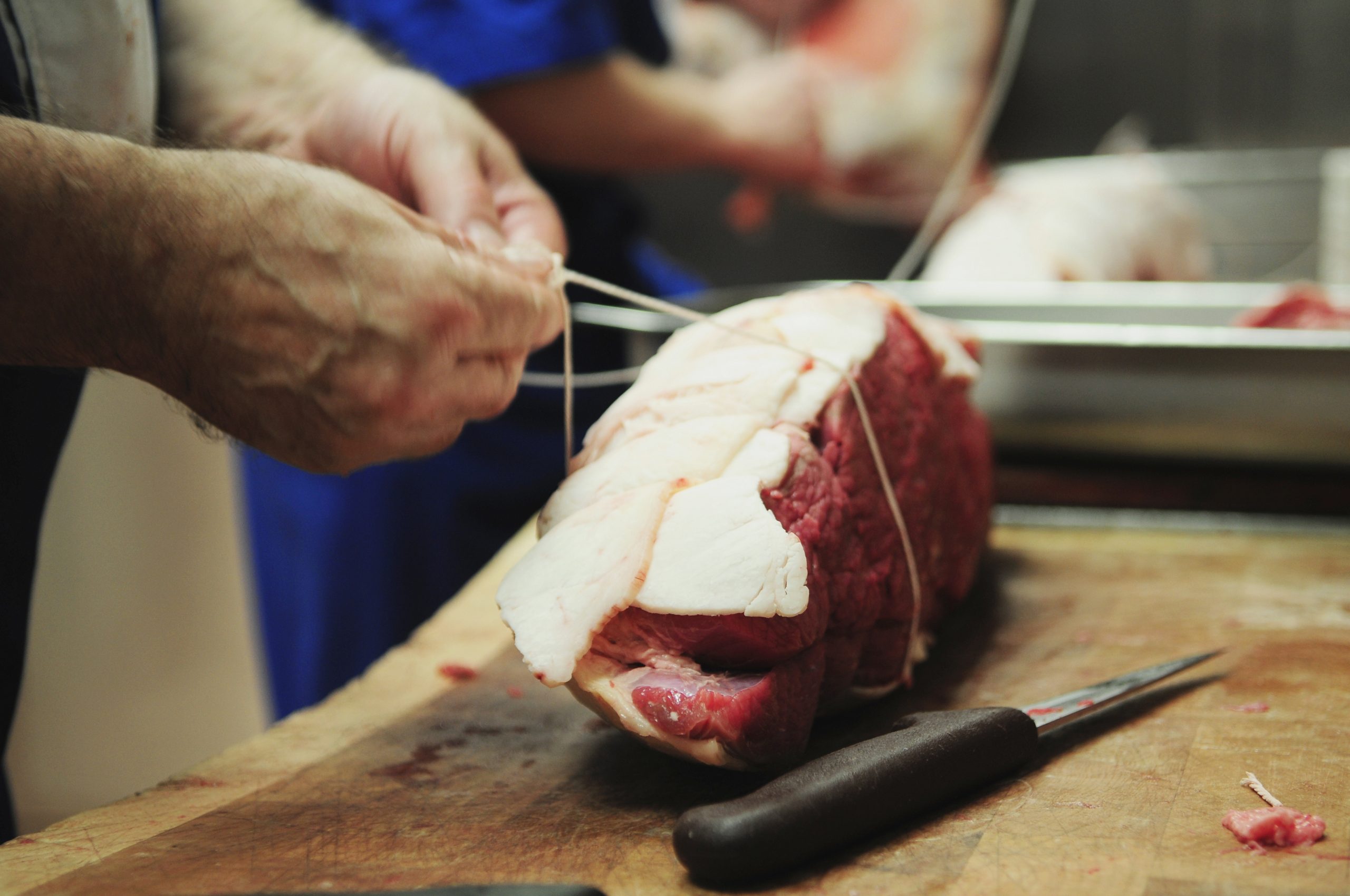When it comes to raising smart, healthy children, most parents share a lot of the same concerns. In a world awash with cheap junk food and highly processed meat and corn products, making sure your family is eating well and that you are modelling a good relationship with food for your children can feel like an uphill battle.
So how do you make sure that the food you serve is nourishing, sustainable, and as free from chemicals as possible?
One of the best things you can do is simply prioritize shopping locally. Not only does local, small-scale agriculture tend to be significantly better for the planet, it also stimulates the local economy and puts money in the pockets of hard working people in your own community.
If you’re interested in learning more about why you should make local meat a priority for your family, here are three benefits of buying your meat from local farms and producers.
1. It’s Healthier
It’s no secret that the massive industrial farms that produce most of the meat Americans eat are bad — bad for the earth, bad for the animals, and bad for our bodies. Locally raised livestock, on the other hand, benefit from:
- Free range practices
- A more natural diet
- The ability to forage
- Space to exercise
This comes out in the meat these animals produce, which tends to be a great deal more nutritious and denser in healthy fats and nutrients like Omega-3 fatty acids.
While it isn’t always easy to find butcher shops or supermarkets that stock high quality local meat, you might be able to find gourmet meat delivery online that lets you order your favourite cuts and products straight to your door.
2. It Tastes Better
The quality of meat an animal produces is intimately linked to the ways that animal has been raised. Livestock raised in cramped, unnatural, and stressful conditions will inevitably lead to unappetizing meat.
One of the biggest benefits of buying local meat is that it just tastes better. You get all the rich flavour that you want in your steaks, pork loin, and chicken wings, and you can eat it knowing that it comes from animals that were not mistreated or forced to undergo unnatural feeding procedures.
3. It’s Better for the Environment
Generations of intensive industrial practices have had a profoundly negative impact on natural ecosystems. These problems are exacerbated by large-scale agricultural processes that degrade the soil and needlessly pump carbon in to the atmosphere.
When you buy local, you aren’t just getting a more artisanal product. You are also contributing to smaller-scale agriculture, which is more responsible and sustainable. And because local products don’t have to be shipped hundreds of miles from farm to processing plant to the supermarket shelf, they have a lower carbon footprint.
Teaching children good eating habits and a respect for the environment isn’t easy, given how saturated the media is with advertisements for fast food. But this doesn’t mean you can’t help them develop an appreciation for a more ecological lifestyle.
Modelling good decisions by emphasizing local meats and vegetables, and by encouraging your kids to be curious about where their food comes from, is a great way to build lifelong habits of nutrition, sustainability, and reflection.
